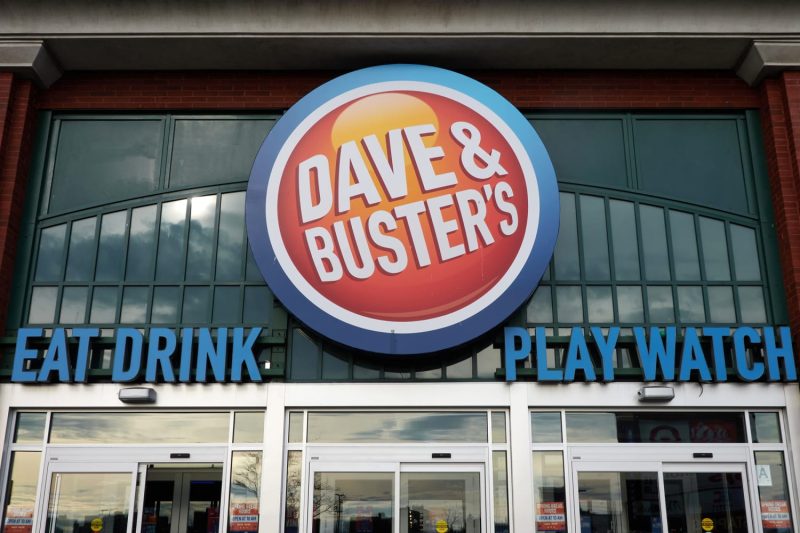In a bold move that has raised eyebrows and sparked discussions in the entertainment industry, Dave & Buster’s, the beloved restaurant and entertainment chain, announced its plan to introduce betting on arcade games at its locations. While this innovative concept may sound exciting to some, it has also drawn significant scrutiny and raised important questions about the potential risks and implications of merging gambling with traditional arcade games.
One of the key concerns surrounding Dave & Buster’s plan is the impact it may have on younger patrons. Arcade games have long been a family-friendly form of entertainment, appealing to children, teenagers, and adults alike. By introducing betting on these games, Dave & Buster’s risks exposing young individuals to gambling at a young age, potentially normalizing this behavior and leading to harmful habits later in life.
Furthermore, the implementation of betting on arcade games raises ethical considerations regarding responsible gambling practices. While Dave & Buster’s has stated that they will enforce age restrictions and implement safeguards to prevent problem gambling, the inherent addictive nature of gambling poses a significant challenge. Without strict oversight and enforcement of responsible gambling measures, there is a real risk that vulnerable individuals could be lured into a cycle of addiction and financial hardship.
The introduction of betting on arcade games at Dave & Buster’s also highlights the broader trend of gamification in the entertainment industry. Companies are increasingly leveraging psychological principles to engage customers and drive revenue, blurring the lines between entertainment and gambling. While gamification can enhance the user experience and increase customer loyalty, it also comes with potential risks, especially when money is involved.
Another angle to consider is the potential impact of Dave & Buster’s decision on the wider arcade and gaming industry. By normalizing betting on arcade games, the chain may set a precedent for other establishments to follow suit, potentially changing the landscape of arcade gaming as we know it. This shift could have far-reaching consequences for both players and operators, introducing new challenges and opportunities in an already competitive market.
In conclusion, Dave & Buster’s plan to allow betting on arcade games is a bold and controversial move that has provoked a range of reactions from industry experts and consumers alike. While the concept has the potential to attract new customers and generate additional revenue, it also raises important concerns about the implications of merging gambling with traditional arcade games. As the entertainment industry continues to evolve, it is essential for companies like Dave & Buster’s to consider the ethical, social, and regulatory implications of their business decisions to ensure a safe and enjoyable experience for all patrons.


























